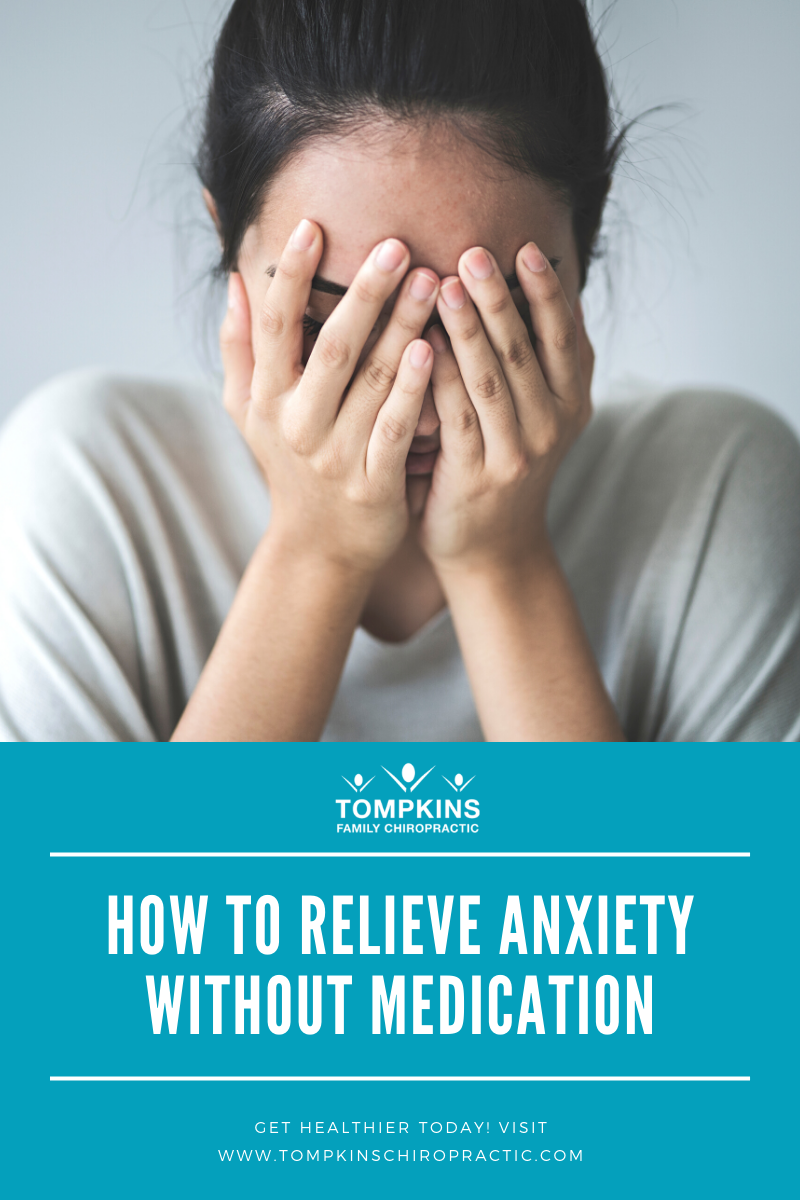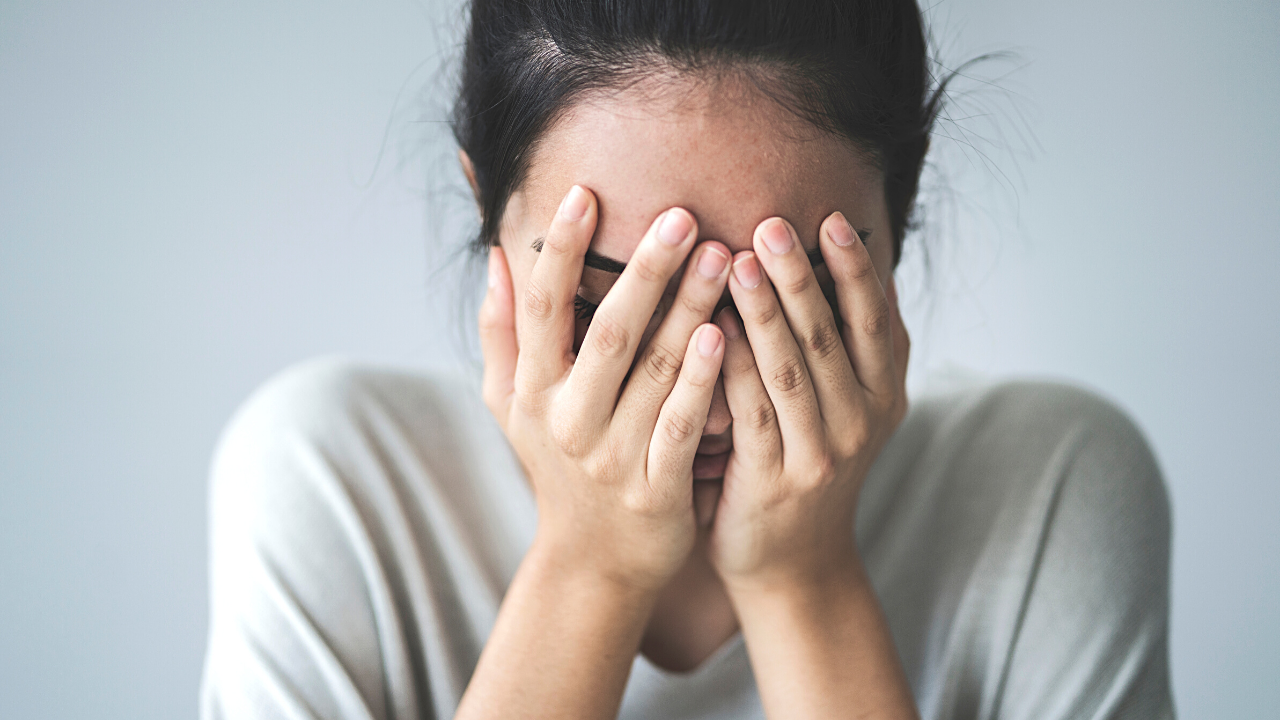
Today we’re going to talk about natural ways to relieve anxiety. And if you’re dealing with anxiety or you know someone who’s dealing with anxiety, know that you are not alone. 40 million adults and 4.4 million kids are currently suffering from anxiety. And it’s important to know that you’re not alone in this process. Watch the video and find out how you can reduce anxiety without medication:

What is anxiety?
Our body’s normal reaction when we’re under stress is the ‘fight or flight response’. When a stressful event happens, our heart rate and blood pressure increase, preparing our body to fight or run from the ‘dangerous’ thing.
Now, the problem with anxiety is that this response sometimes happens for things that aren’t actually problematic or stressful. So if we’re not under a stressful event, but we’re feeling that anxiety, then it becomes a challenge when we don’t know what to do about it.
But if you don’t prefer to depend on medication, there are things that we can do in a natural way.
1. 30 minutes a day of exercise
Exercise is vitally important and it really doesn’t matter what exercise you do. You just got to find something that you enjoy doing and be consistent with it. Because moving your body decreases muscle tension, which will lower the body’s contribution to feeling anxious. Exercise also releases a certain hormone in the brain that reduces anxiety. We actually all have the depression and anxiety meds we need inside our brains. We just have to activate them and exercise does that.
2. Meditation
There are studies that show mindfulness meditation can help you manage your stress and anxiety better.
3. Go outside.
If you’re worried because of COVID, get out with a face mask and get vaccinated. There is research that shows a link between exposure to nature and stress reduction. Stress is relieved within minutes of exposure to nature as measured by muscle tension, blood pressure, and brain activity. Time in green spaces significantly reduces your cortisol, which is a stress hormone.
4. Aromatherapy
You can try lavender oil or other things that are calming to you. Lavender is especially renowned for its ability to create a relaxing atmosphere. In fact, one of the main benefits of lavender is that it can calm you without being sedated.
5. Yoga
Like meditation, there are studies that link yoga with better stress management and mental health improvement. (See also steps to improve mental health without medication).
6. Therapy
Find a therapist because therapy can help you uncover the underlying causes of your worries and fears. Therapy will also help you relax or look at situations from a new and less frightening perspective. In addition, you’ll develop better coping and problem-solving skills after therapy.
 7. Get enough sleep in your day.
7. Get enough sleep in your day.
A sleepless night raises anxieties levels by up to 30%. So you must get enough sleep if you want to feel less stressed.
8. Eliminate stresses in your life.
Now you may not be able to eliminate all of your stresses, but you might be able to eliminate some (like avoiding social media). Because when you have fewer stressors, it will lower your cortisol levels, blood pressure, and heart rate. It will also increase your gamma-aminobutyric acid (GABA), a neurotransmitter that’s lowered in mood disorders. Plus if there’s less stress, you will feel less anxiety.
9. Balance the nervous system
Our nervous system consists of our brain sending messages down the spinal cord then to all the nerves of every part of the body. And as long as that pathway is clear, your body functions really well.
So as a chiropractor, we check that in every patient because when there’s an imbalance in those nerves or if the spine is out of position, it affects your brain function and overall stress management.
And as chiropractors, we correct those imbalances through patient-specific chiropractic care. And when we do that, the body starts to function better. We feel better. And we notice things like improvements in our mood in how we deal with stress.
If you want to schedule a consultation with us, click the link here-> tompkinschiropractic.com/schedule
10. Practice breathing
Deep breathing increases the supply of oxygen to your brain and stimulates the parasympathetic nervous system, which provides a state of calmness.
Check out How You Can Beat Physical Stress.

